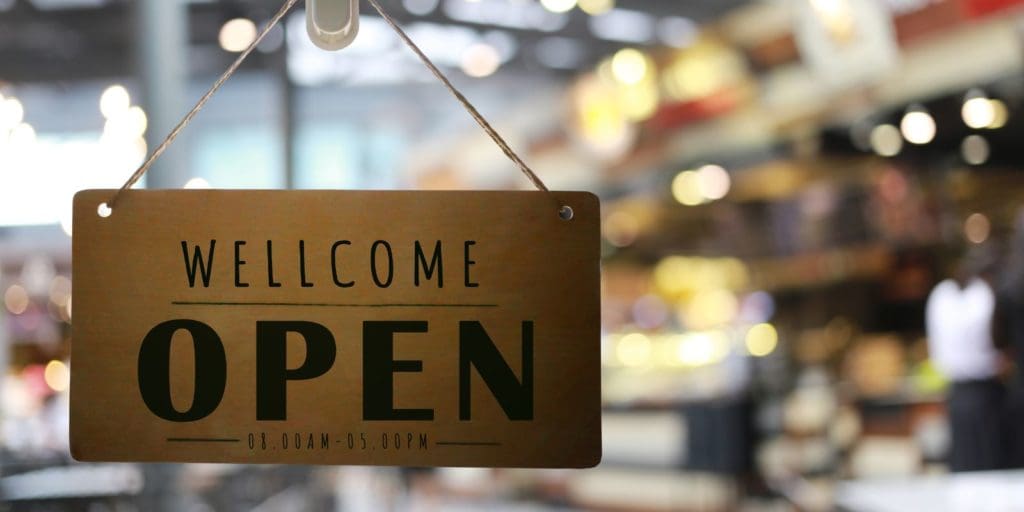Opening a shop is an exciting prospect for any business owner. But as with any business, there are always going to be costs that aren’t immediately apparent. Such expenses could easily create a financial headache if there isn’t room in the budget to cover them.
Some of the primary costs for a retail shop relate to purchasing or renting premises, along with the cost of stock and labour. However, there are plenty of expenses behind the scenes to consider too.
By being on top of any additional expenditure, retail businesses have a much better chance of survival, especially during the ebb and flow of the financial year. Here are just some of the top hidden fees retailers need to consider to ensure success.
Shop Insurance
Most people are familiar with needing insurance for homes, holidays and even personal possessions. And in business, certain types of insurance can protect against risks that could threaten the business due to physical loss, damage or potential legal action.
For example, retailers who own their shops use commercial property insurance to provide cover for the building and its contents. On the other hand, while those renting their space can benefit from contents insurance, their landlord typically takes care of the building insurance. Employers are required to take out employers’ liability insurance by law, and public liability insurance can protect businesses with exposure to members of the public against injury or property damage claims. And there are more types of cover a shop might need or want as well.
How much does this cost? The NimbleFins shop insurance guide explains that basic public liability insurance, employers’ liability and £50,000 of contents/stock insurance can start from under £400 per year for a shop. But costs will vary from one shop to the next depending on the coverage required and the particulars of an insurance application.
There are many different types of business insurance to get to grips with as a retailer. Anyone unsure of what they need can contact an FCA-regulated advisor such as an insurance representative or broker to discuss their needs.
Security
Closely related to shop insurance is protecting business through security, such as CCTV, store shutters, hiring a security guard or tagging valuable items.
Evidence of security devices may be required by insurers, and if any incident happens which needs to be passed on to the police or insurers, having clear and reliable security footage is invaluable. For instance, if a member of the public claimed to have had an accident on the premises, security footage proving they weren’t in the store at the time could prevent that store from facing a serious situation.
Sadly, theft is the main concern within a retail environment. Having security cameras along with a security guard can be a huge deterrent for would-be thieves. Commercial CCTV starts at around £500, with remote CCTV monitoring costing between £250 and £600 per year.
Card Processing (POS)
We are fast becoming a cashless society. The preferences for paying by card and even cardless payment methods such as Apple Pay are impossible for retailers to ignore.
Card processing through a point of sale system (POS) can cost anywhere from £25 to £100 per month for the software alone. POS hardware costs between £300 and £900 per unit, depending on its features.
Even retailers who have cash tills must factor in the cost of cash security. A cash-in-transit collection may be required if the business handles a significant amount of physical cash. The cost of collections will vary depending on the amount of cash in the tills, and the frequency of collections needed.
Accountancy & Bookkeeping
Retail has had a tough time as of late. However, if there’s one thing that can help retail businesses keep in the black, it’s investing in a decent bookkeeper along with an accountant.
When the numbers are being carefully watched, stores can calculate their most profitable items and even times in the year to maximise profits. Plus, bookkeeping will make end-of-year accounting much easier, and flag up any issues before they have a chance to threaten the business.
The cost of both bookkeeping and accountancy will depend on the size of the business. Both services are usually outsourced, and will typically require at least a few hours of work per week.
While bookkeepers can charge anywhere from £15-£30 per hour, accountancy is much more expensive starting at £25 to £50 per hour for basic accounting, and up to £250 per hour for more complex tasks.
Creating And Maintaining An Online Presence
If there’s one way to drum up business for a new retail store, it’s through having a strong online presence.
Creating a website can cost as little as £150 if using a template design. On the other end of the scale, custom-built websites, which give the ability for customers to shop online, start from around £5,000 and above if made by a professional web designer such as Cude Design.
Even though it may be free to join most social media platforms, businesses still have to update them regularly which takes an investment of time and energy. Also, the content needs a strategy behind it and may require some creative skill.
Therefore, social media marketing may need to be outsourced, which can cost £10 per hour for a basic service. Or, social media marketing can be priced as a monthly package by a professional agency, which averages between £300 and £500 per month for smaller businesses.
In Summary
Shops are the lifeblood of the British high street, as well as the local economy. As well as having a great business idea, retailers also need to consider the full costs involved in opening a shop. These costs then need to be accounted for in the pricing of items, and all other ways the business brings in revenue. When all costs are covered, this paves the way for profit and success within the retail sector.

